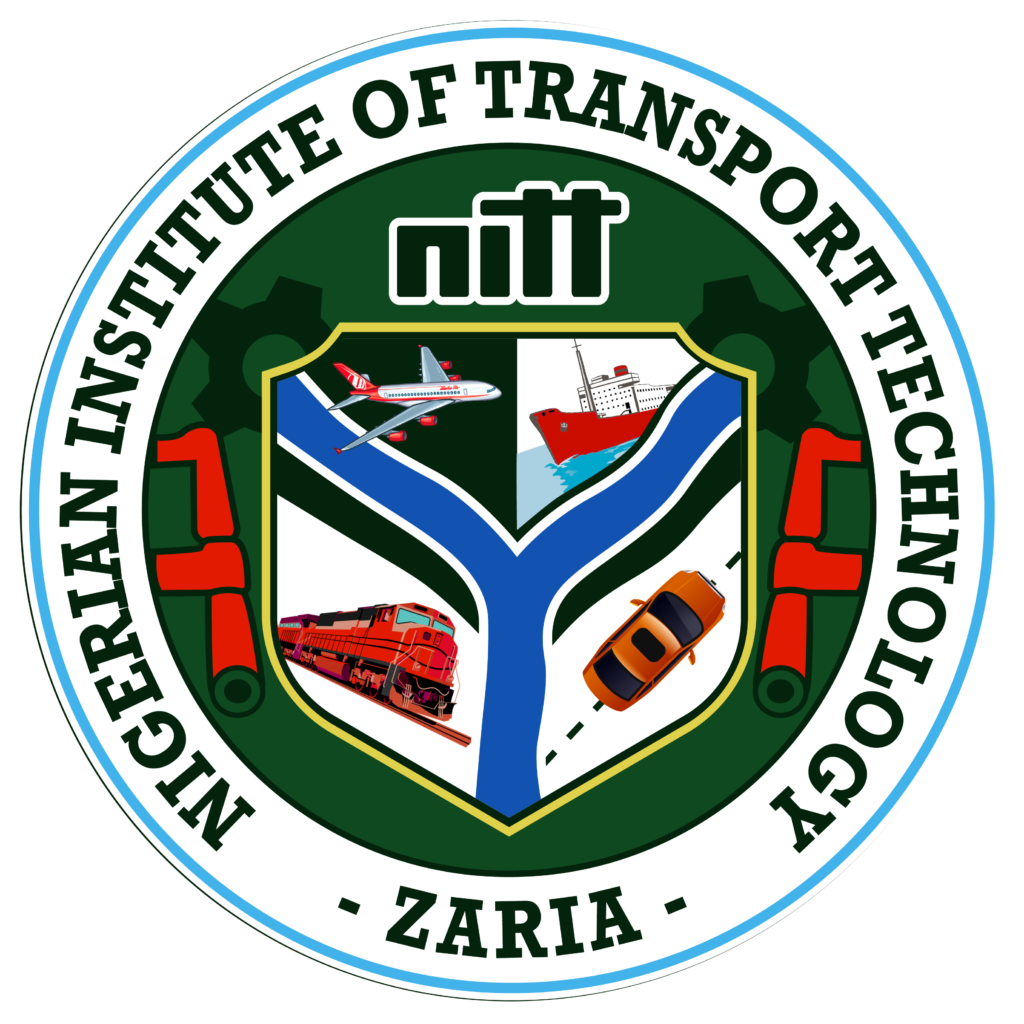About Us
Historical Background
The Nigerian Institute of Transport Technology (NITT), Zaria is the apex management development Institute for transport and logistics in Nigeria and the West African Sub-region. It is a career development and professional certification centre. NITT provides corporate leadership and strategic management, training, conducts research and advisory services, engages in transport Intelligence and monitoring activities as well as develops and adapts transport technology to suit the country’s needs.
It was established on 14th March, 1986 via Decree No.6 (now CAP 116, LFN, 2004) to among other things address mainly the problems of the transport sector such as inefficient and low productivity, fast depreciation of capital investments, deficient management and maintenance of infrastructure, low level of professionalism and high expenditure on overseas training, through the supply of professionally competent leaders, managers, technologists and other specialists; and the provision of the expertise that will improve the industry’s performance for efficiency and effectiveness
The Institute is mandated by its Enabling Act to specifically provide management training for personnel employed in all modes of transport. NITT serves as a Transport Intelligence Centre for monitoring transport and logistics systems and provides equipment and facilities for the encouragement, promotion, and conduct of applied research in all modes of transport
Conception & Establishment
Although the Nigerian Institute of Transport Technology was conceived as Railway Training Institute, it was expanded to serve as a Multi-Modal institute covering rail, road, water, Air and pipeline. It was formally approved for establishment by Federal Government in 1980 and took-off informally at the Railway compound in Zaria. The Institute was backed by law (now CAP 116, LFN, 2004) and was formally commissioned and upgraded to a Grade A Parastatal under the Federal Ministry of Transport, putting it at par with universities.
A Brief Summary of the Conception & Establishment
- Conceived as a Railway Institute – 1956
- Concept Expanded to be Multi-model for Road, Water, Air, and Pipeline – 1978
- Approved for Establishment by FGN – 1980
- Took off informally at the Railway compound, Zaria – 1984
- Backed by law (now Act CAP 116 LFN, 2004) – 1986
- Commissioned and Upgraded to a Grade A Parastatal – 1992
Our Mission
To systematically provide and offer research and consultancy services to private and public transport agencies for the achievement of management excellence in all modes of transport in Nigeria and the West African Sub-region
Our Vision
The Nigerian Institute of Transport Technology has a vision to become an internationally recognized center of excellence, providing world-class professional training, research, advice, and solutions to all issues relating to transportation in Nigeria and Africa.
Our Objectives
The Institute was primarily established to achieve the following objectives:
- Professionalization of the Transport Industry
- Continuous Development of Skills and Competencies in the Industry.
- Regulating Professional Training Standards and Practice in the Country
- Monitoring transport and Logistics activities
- Advising on Safety Standards, Procedure, and Practices
- Advise Government on all matters relating to Transport and Logistics in the country
Our Core Values
Below are the core values of the Nigerian Institute of Transport Technology:
- Professionalism
- Delivery of Quality Services
- Sustainability and Continuous Improvement
- Accountability and Discipline.
- Research and Development
Our Mandate
- Provide Training in all modes of transport
Serve as a Transport Intelligence Centre for monitoring transport and logistics systems
Provide equipment and facilities for the encouragement, promotion and conduct of research in all modes of transport and Logistics
Drive innovations through the development of new technologies to meet the demands of the transport and logistics Industry

